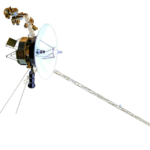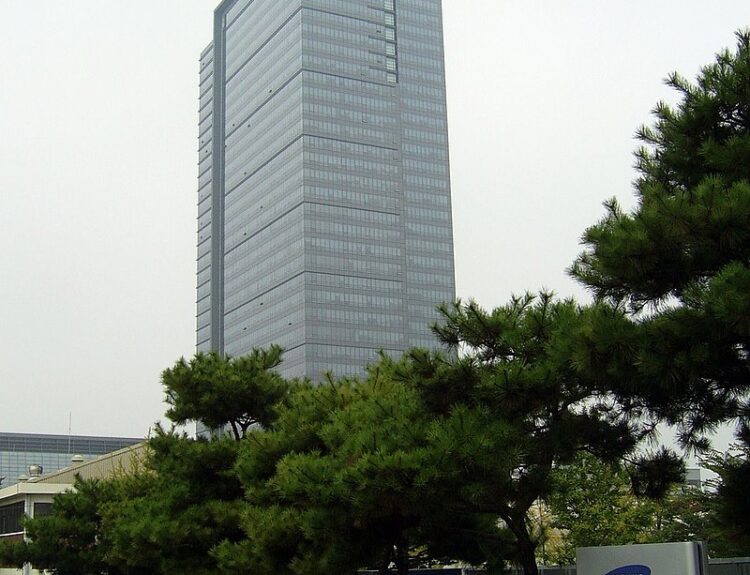Taking action to ensure safe deorbiting of spacecraft
- India aims to achieve ‘debris-free’ space missions by 2030
- ISRO successfully lowered a spent rocket stage to burn up in Earth’s atmosphere
- Deorbiting techniques will be used to make future missions ‘debris-free’
- India currently has 54 spacecraft in orbit, 13 were deorbited last year
- Concerns about environmental impacts and pollution from burning satellites
The Indian Space Research Organisation (ISRO) is working towards achieving ‘debris-free’ space missions by 2030. In a recent announcement, ISRO revealed that one of its satellite missions successfully left zero debris in orbit after a spent rocket stage was lowered to burn up in Earth’s atmosphere during re-entry. This technique will be employed in future missions to ensure that they are ‘debris-free’. Currently, India has 54 spacecraft in orbit, with 13 being deorbited last year. However, concerns about the environmental impacts and pollution caused by burning satellites in Earth’s atmosphere persist. Studies have shown high amounts of vaporized metals polluting the stratosphere and the potential disruption of the planet’s magnetic field. Despite these challenges, ISRO is committed to taking action to de-orbit and bring spacecraft to safe locations.
Factuality Level: 8
Factuality Justification: The article provides detailed information about ISRO’s efforts to reduce space debris and the techniques they are using. It also discusses the challenges and potential environmental impacts of burning up satellites in Earth’s atmosphere. The information is well-researched and based on statements from ISRO officials and scientific studies.
Noise Level: 3
Noise Justification: The article provides a detailed overview of ISRO’s efforts to manage space debris and the challenges associated with it. It includes relevant information about deorbiting techniques, recent events, and potential environmental impacts. However, the article contains some repetitive information and slightly exaggerated reporting, especially in the section discussing the environmental impacts of burning up satellites.
Financial Relevance: No
Financial Markets Impacted: No
Presence Of Extreme Event: No
Nature Of Extreme Event: No
Impact Rating Of The Extreme Event: No
Rating Justification: The article does not pertain to financial topics and does not describe any extreme events.
Public Companies: Indian Space Research Organisation (ISRO)
Key People: S. Somanath (Chairman of Indian Space Research Organisation (ISRO)), Sierra Solter-Hunt (American physicist and doctoral candidate at the University of Iceland)
Reported publicly:
 www.space.com
www.space.com 





